- 📉 Equity-rich homes fell to 46.1% in Q3 2025, despite record-high home prices.
- ⚠️ Seriously underwater homes rose to 2.8% nationwide, up from 2.5% a year ago.
- 🧭 72% of large metro areas experienced a decline in homeowner equity.
- 💼 Debt levels and refinancing may be offsetting gains from home value appreciation.
- 🏘️ Midwest and Northeast regions are performing better than Southern states in equity trends.
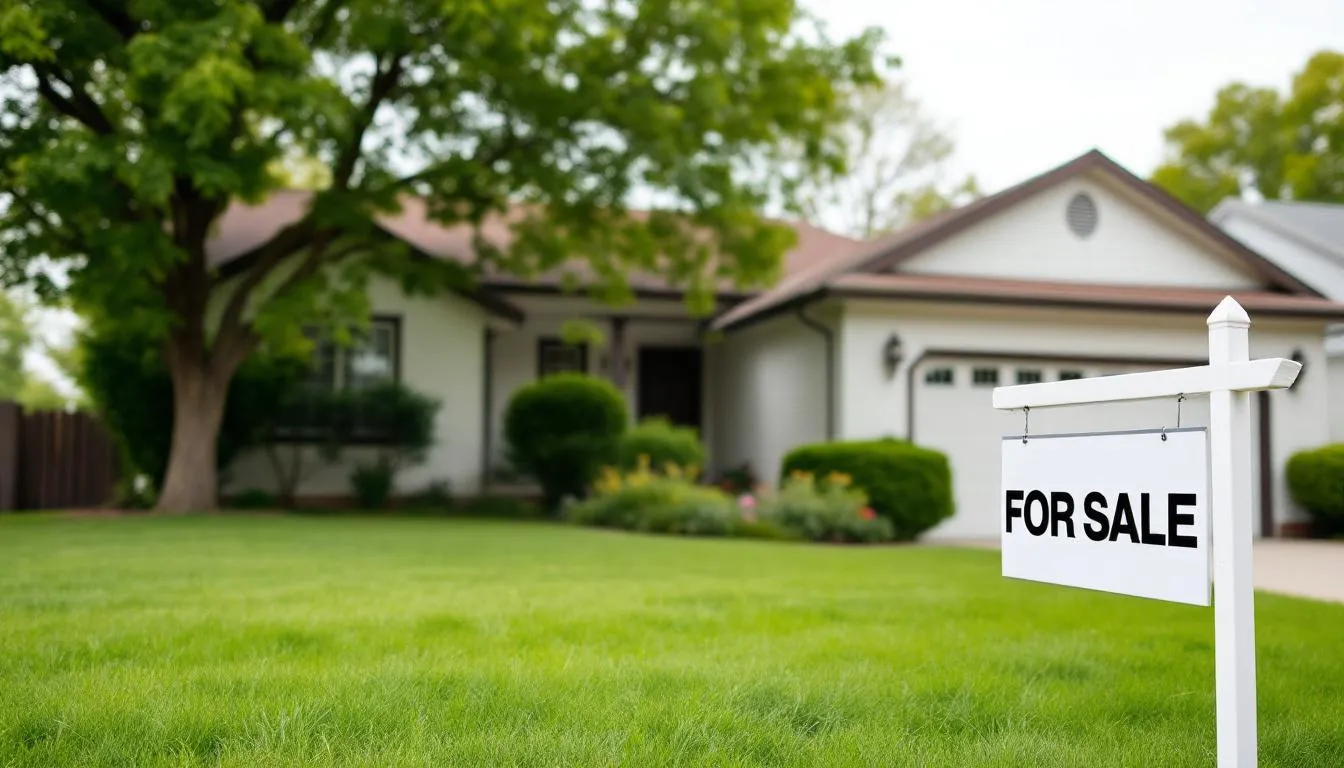
Home Equity Drops Again - Should Homeowners Be Concerned?
Many US homeowners have less home equity, even as national home prices hit new highs. In Q3 2025 alone, equity-rich properties dropped for the third straight quarter, slipping to just 46.1% of all mortgaged homes (ATTOM, 2025). At the same time, the rate of seriously underwater properties is ticking up. This shows a coming problem in the housing market. This trend matters to homeowners, especially in cities like Las Vegas, which often see big changes. Less equity can affect how much money you have available. It can also make it harder to sell your home or plan for your money over time. Let’s look at what’s happening, why, and how it might affect you.
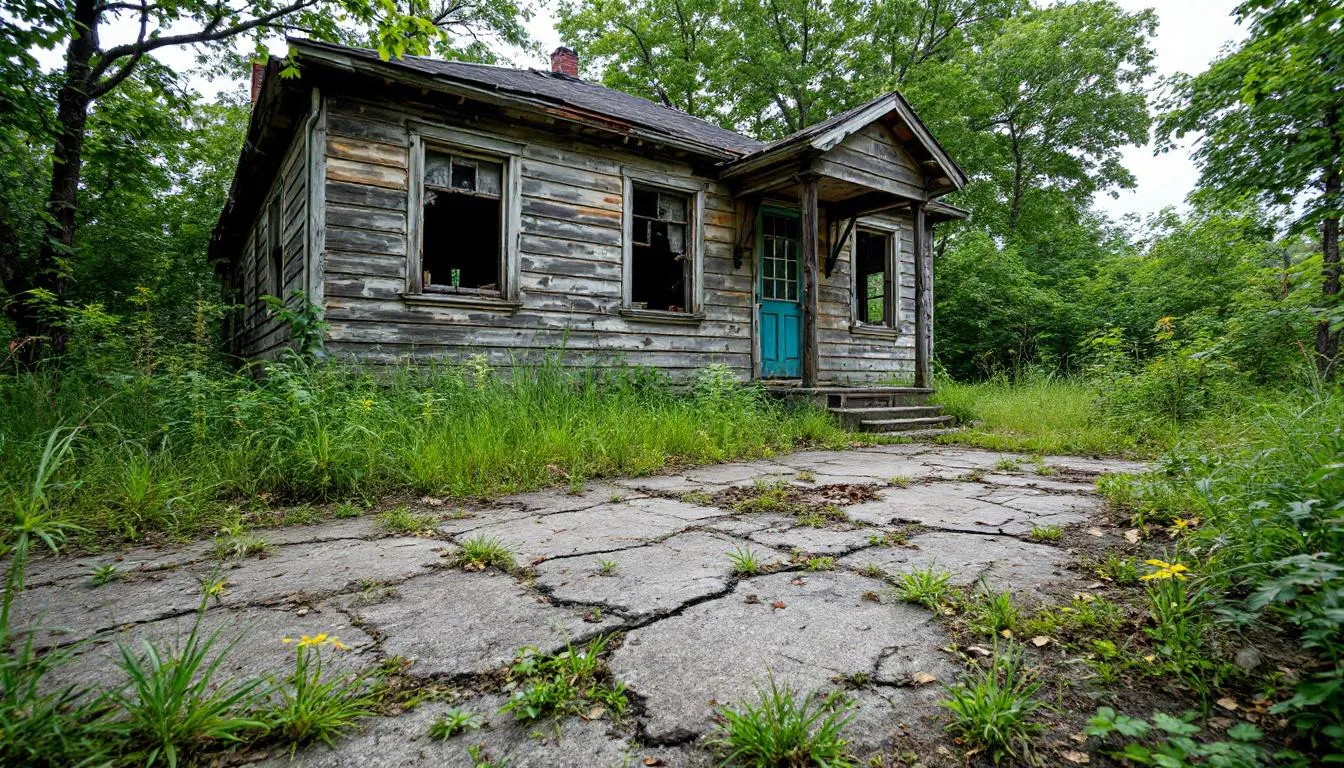
What Are Equity-Rich and Underwater Homes?
To understand home equity, you need to know two key points. What makes a home equity-rich, and what shows it is underwater.
Equity-Rich Homes
A home is considered equity-rich when the loan amount on the property is 50% or less of its current market value. For example, if your home is worth $500,000 and your mortgage balance is $250,000 or less, you’re in an equity-rich position. This means you have paid off a lot of your mortgage, or your home has gone up a lot in value. Sometimes it's both.
Being equity-rich is good. It gives you more money choices. Homeowners in this category may be eligible for:
- Home Equity Lines of Credit (HELOCs)
- Cash-out refinancing on favorable terms
- Using equity for investment or retirement planning
- Greater flexibility in selling the home for a profit
Seriously Underwater Homes
A seriously underwater home, on the other hand, means the mortgage balance is at least 25% higher than the home’s market value. To illustrate: a $375,000 mortgage on a home now worth only $300,000 puts the property at risk.
This difference can lead to big problems:
- Difficulty qualifying for refinancing
- Limited or no profit from a home sale
- Increased risk of foreclosure if monthly payments can't be maintained
Whether you are equity-rich or underwater changes how your money grows. So it's important to check your equity often, especially when the market changes a lot.
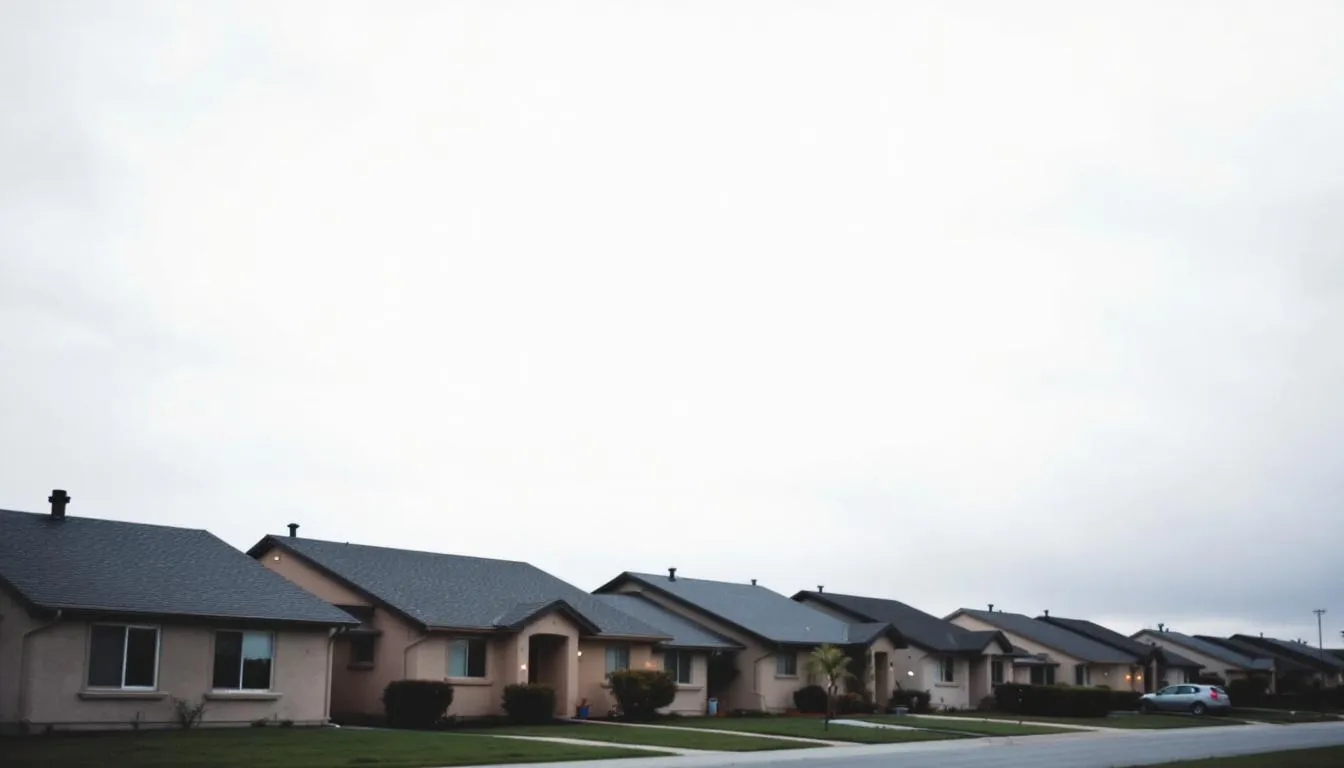
U.S. Home Equity Is Trending Downward
Despite sky-high home prices, American homeowners are experiencing a reduction in home equity. According to ATTOM’s Q3 2025 report, 46.1% of mortgaged homes were equity-rich—down from 48.3% a year earlier and marking the third straight quarterly decline.
This slide is not just one problem. For example:
- 72% of the nation’s 107 largest metropolitan areas experienced a drop in the share of equity-rich homes.
- The number of seriously underwater homes rose to 2.8%, up from 2.5% a year ago.
This creates an odd contradiction: home values are rising, yet homeowner equity is falling. Some of the reasons for this will be talked about below. But this difference suggests a weak base for what looks like a growing housing market.

Regional Winners and Losers in Home Equity
National averages only tell part of the story. Home equity is very different depending on the economy, how affordable housing is, and what's happening in local markets. Let’s break it down by area.
Regions Where Home Equity Grew
Northeast: Holding Strong
The Northeast performed better than much of the country:
- New York’s equity-rich rate increased from 55.2% to 57% year over year.
- New Jersey and Connecticut also saw measurable gains.
What makes them strong? Their prices did not go up as much during the pandemic. This kept them from growing much faster than people's pay. Their more stable path may now be helping to protect them.
Midwest: Surprisingly Robust
Some of the best counties for equity-rich homes are in the Midwest. This region is often not seen as strong for housing:
- Marquette County, Michigan: Over 91% of properties were equity-rich.
- Other strong areas include parts of Wisconsin, Iowa, and Minnesota.
Many homeowners in the Midwest have long-term mortgages with lower values. This leads to naturally higher equity. Lower price changes in these markets also lower the risk of homes becoming underwater.
Areas Losing Equity Fast
Southern States: Stability Concerns
Several Southern states saw significant drops in equity-rich home percentages:
- Florida
- Georgia
- Louisiana
- Oklahoma
These areas often have more economic problems. Things like hurricanes, job losses, and high insurance costs all affect home values and equity.
Western Markets: Softening Momentum
States like Arizona, Colorado, and parts of California also reported drops of more than 5 percentage points in equity-rich homes. These markets saw quick price increases during the pandemic. The current drop may be a sign of prices going down too much.
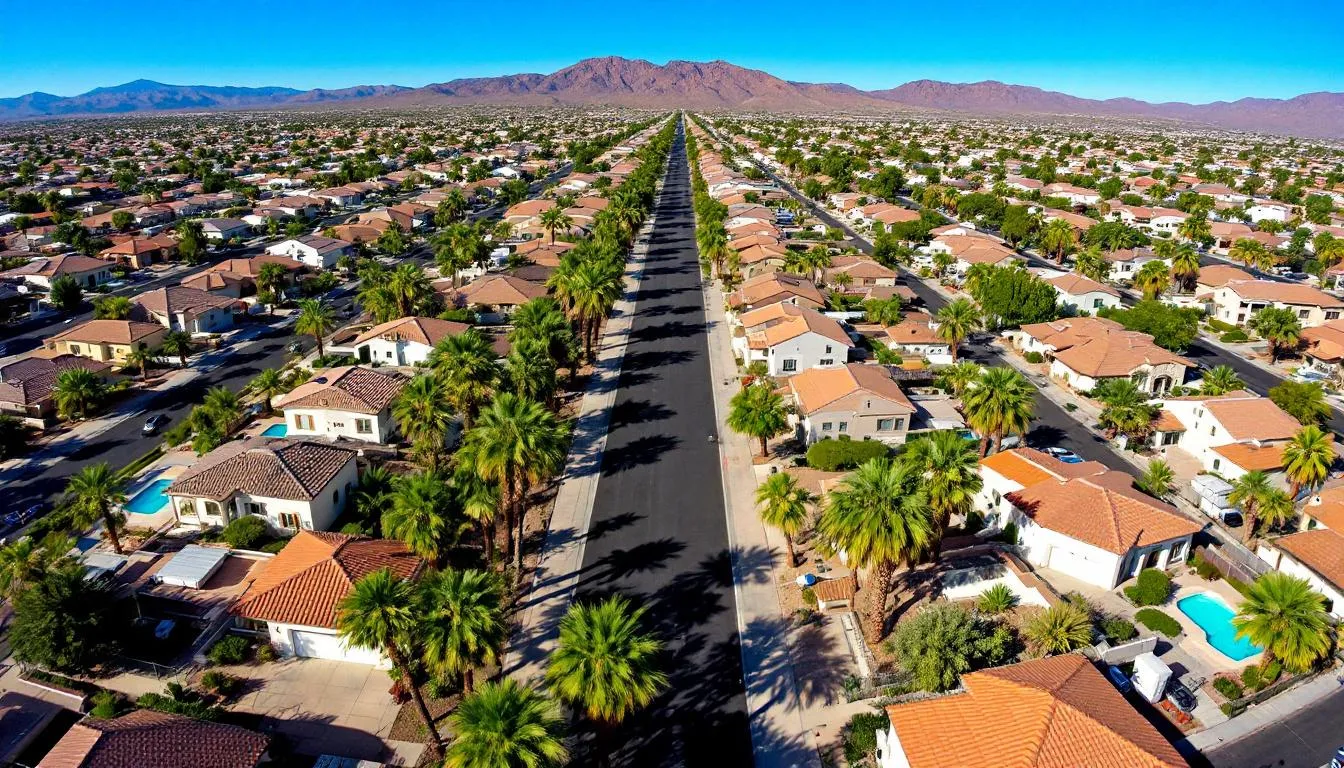
Is Las Vegas Feeling the Squeeze on Equity?
For years, Las Vegas has been a good sign of what's to come for national housing trends. It had one of the biggest crashes during the 2008 financial crisis. And it had one of the strongest comebacks after that. Now, as the national equity rate declines, the question is whether Las Vegas will follow closely behind.
Clark County, which includes the Las Vegas area, has not hit bottom yet. But early signs show things are getting weaker. Real estate expert Steve Hawks notes, “If other western metros like Phoenix and Denver are declining, Vegas could follow.”
Why Vegas Is Vulnerable
- A lot of homes are owned by investors. Many of these have high loans on them.
- It is easily affected by changes in jobs in tourism and entertainment.
- It often sees quick price changes in a short time.
Smart homeowners in Las Vegas should track local equity numbers each month. They can do this through county reports or realtor updates.

Why Home Prices Aren’t Lifting Equity
You might expect climbing home values to naturally grow home equity—but that isn't always the case. Several things are working against homeowner equity in 2025.
What Is Holding Back Equity Growth
1. Rising Debt Levels
Many homeowners refinanced during historically low-interest periods, opting to take cash out of their homes. This gave them cash right away. But it also raised their loan balances and lowered the amount of equity they had.
2. High Investor Activity
Homes owned by investors often have higher loans compared to their value. This is especially true in markets where buyers are very keen. When more of these properties are bought in an area, they can pull down the overall home equity numbers.
3. Correction from Overvaluation
Several parts of the U.S. saw homes dramatically increase in value between 2020 and 2022. Today, value corrections are making equity levels more normal. This is true even if listed prices stay fairly high.
4. Cooling Buyer Demand
With rising mortgage rates, many buyers have stopped looking to buy homes. This is slowing how fast prices go up or even causing small price drops in markets with too many homes for sale.
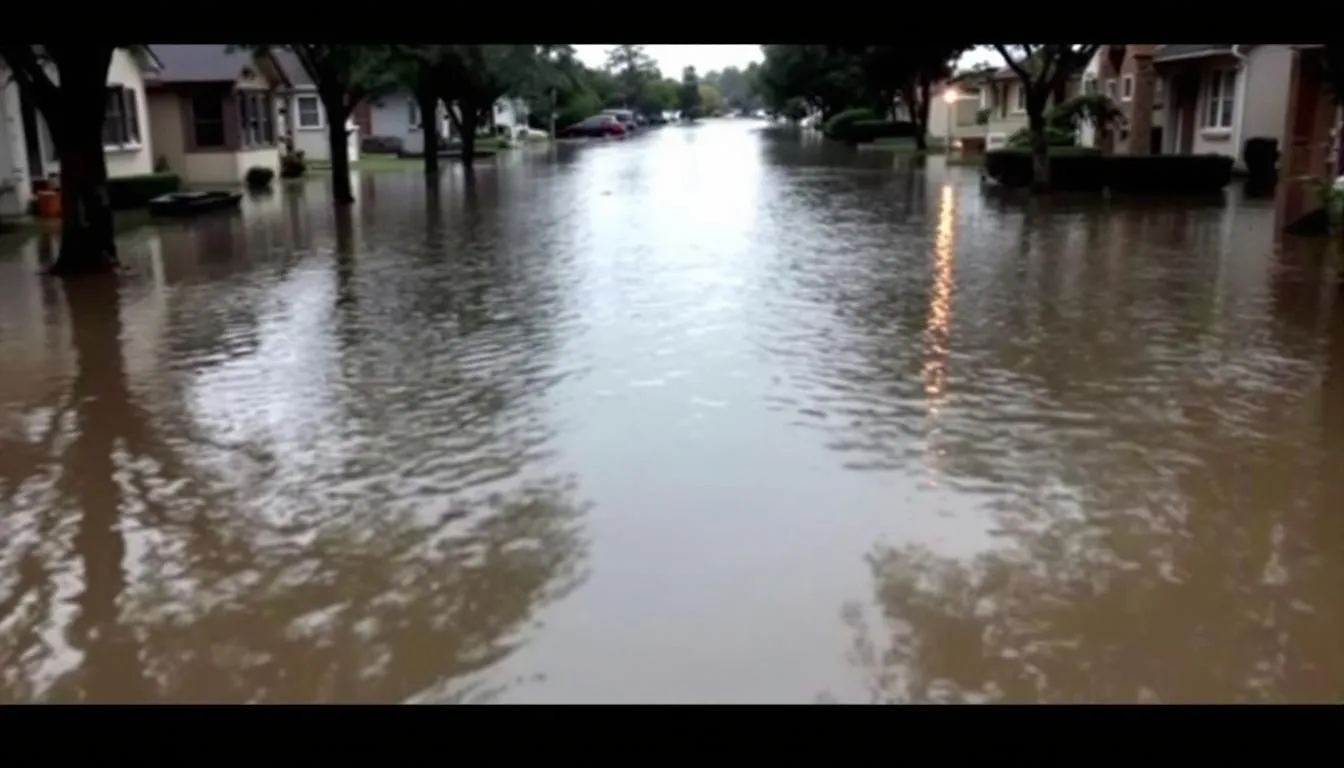
Underwater Homes: Short-Term Dip or Sign of Trouble?
While the national share of underwater homes remains relatively low at 2.8%, the upward trend should not be ignored. It’s a warning sign, especially in areas seeing both slower price increases and economic problems.
Main Reasons Homes Go Underwater
- Buying at peak prices with little down payment
- Economic setbacks such as job losses or business closures
- Property damage or other events lowering a home’s assessed or market value
- Neighborhood decline or local oversupply of housing
Homes being underwater can make whole communities unstable. A few foreclosures can lower the prices of similar homes. This puts more homes at risk of falling underwater. Economists call this a "negative equity cascade."

What It Means for Homeowners: Pay Attention to Equity
Your home equity isn't just money on paper. It is directly tied to your financial choices. Whether you're thinking about selling, refinancing, or pulling money out to renovate, your current equity level shapes what options are available to you.
What to Do If You’re Equity-Rich
- Consider a HELOC for affordable access to funds
- Use equity capital for home upgrades or investment opportunities
- Look at your situation based on how the market moves. Consider securing your profits by selling when values are high.
For Underwater or At-Risk Homeowners
- Avoid unnecessary refinancing that increases loan balance
- Wait on big home improvement projects if they do not have a clear return on investment.
- Ask a real estate expert to check the real value of your home before you make financial choices.
Market values can change fast. Timing is important.

What Real Estate Investors Need to Know
Changing home equity has big effects on how real estate investors plan to invest.
How Lower Equity Levels Affect Investing
- Increased foreclosure activity could lead to buy-low opportunities
- Softening equity may point to a slow market or a risk of recession
- Rental property values may stabilize or fall depending on local supply
Steve Hawks advises, "Don’t chase markets getting a lot of buzz. Instead, look for places where equity is growing, not falling. That is where long-term growth happens."
Smart investors are moving from guessing to using facts for their plans in 2025. Regional reports on equity-rich homes are a good tool. They help decide when and where to buy or sell.

Is the Housing Market Cooling Off or Rebalancing?
Experts largely agree. The housing market is becoming stable after a boom that could not last. The 2008 financial crisis saw many foreclosures and the economy fell apart. But current trends seem to be part of a bigger effort to make things equal again.
Signs of Rebalancing
- Home price growth slowing, not reversing dramatically
- Mortgage delinquencies remaining historically low
- Differences in how regions are doing are based on local economics. It is not a crisis across the whole system.
While some areas may see price declines, others may hold or even grow. The basic economic conditions are stronger than in past crashes.

Smart Strategies for At-Risk Homeowners
Here are smart things you can do if your home value is falling or you worry about being underwater soon:
Get a Professional Valuation
Have a qualified appraiser or trusted real estate agent look at your home. This will help you know where your home stands in the market.Review Your Mortgage Terms
Adjustable-rate mortgage? High monthly payments? Consider whether refinancing is still possible while equity remains.Make Small, Smart Upgrades
Simple improvements like paint, landscaping, or modern fixtures can boost value quickly.Avoid Panic Selling
Selling into a soft market can lock in losses. See if holding onto the home and renting it out is better for your money.Start an Equity Monitoring Habit
Check quarterly trends in your ZIP code and city area. This helps you see changes as they happen.
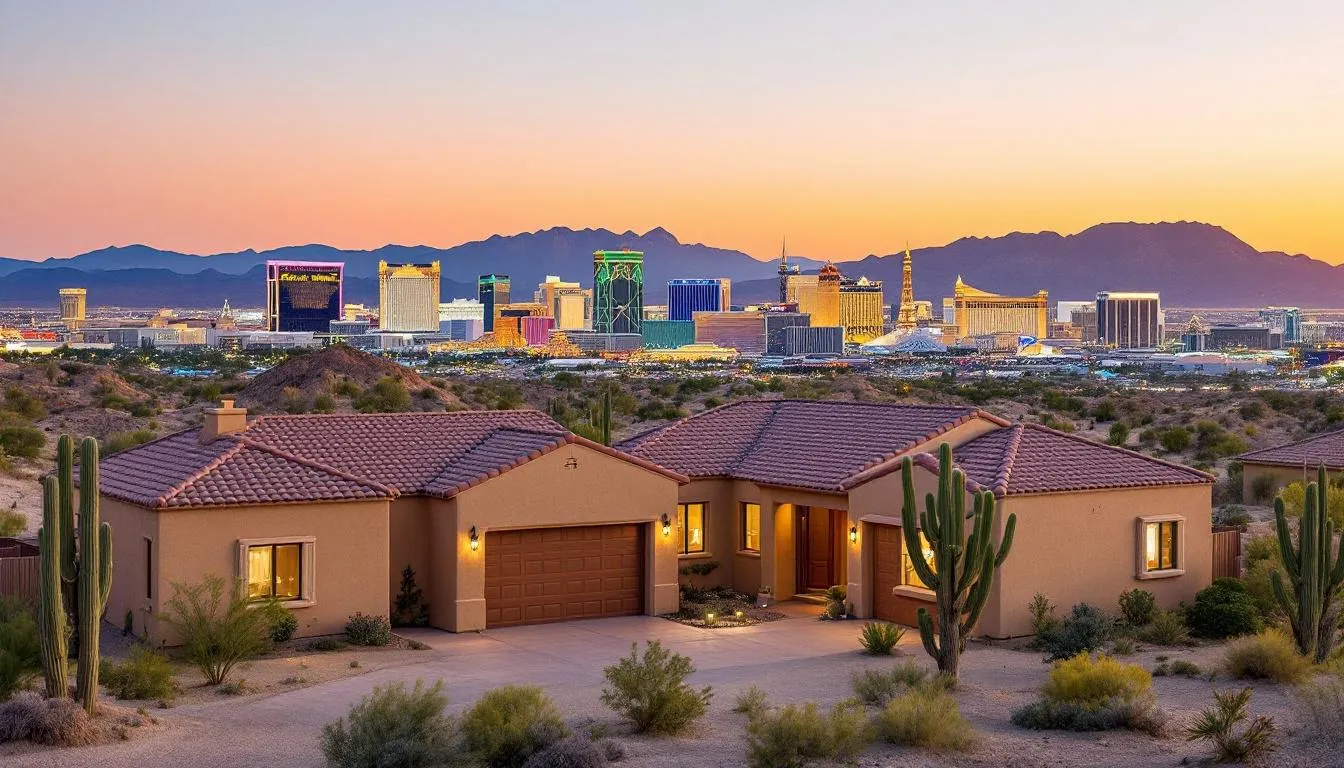
Las Vegas: Long-Term Market Strength or Caution Zone?
Las Vegas always bounces back. It is a boom-bust city by its nature. But knowing when and where to buy or sell still matters a lot.
Zones to Watch in Vegas:
- North Las Vegas: More affordable, but showing signs of strength
- Henderson: Higher-end market but historically stable
- Summerlin & Southwest: Upscale zip codes that fare better even in downturns
Steve Hawks puts it simply: “Time the market changes, and Vegas will reward you. Miss it, and it gets expensive fast.”
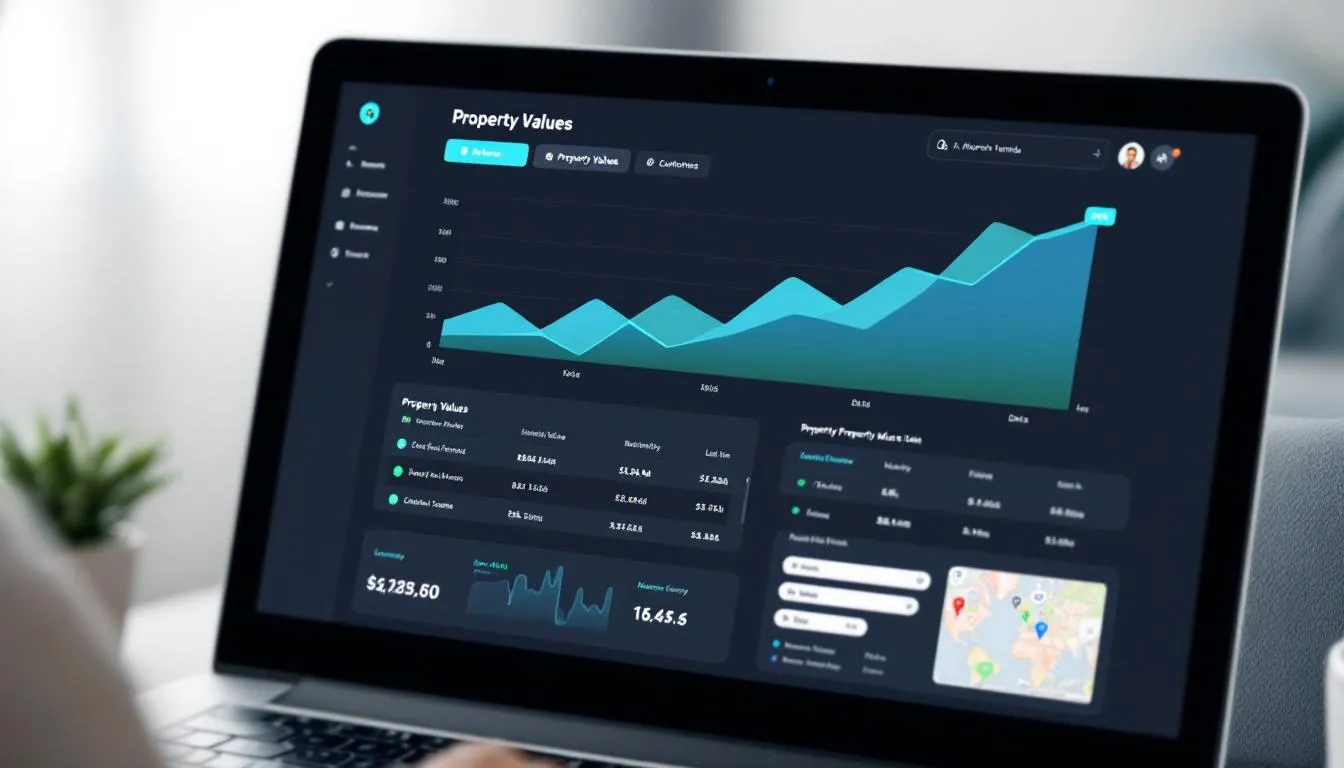
Equity: A Moving Target Worth Watching
Your home equity is not something to review just once every few years. It is a financial number that changes. It shows how your biggest asset is doing. Whether you're in Las Vegas, the Midwest, or a coastal city, your equity position can shape your financial future.
Homeowners and investors should stay ahead of things:
- Monitor local equity data
- Consider the timing of sales or refinances
- Make decisions based on market numbers, not just headlines
Staying informed is the best protection you can have in any economic situation.
Thinking about a home equity review? Reach out to a trusted local agent like Steve Hawks for a free check. Or subscribe now to get specific Las Vegas equity information sent directly to your inbox each quarter.
Citations
ATTOM. (2025). Q3 2025 U.S. Home Equity & Underwater Report. Key insights on national equity-rich and underwater property rates.
- Equity-rich homes fell to 46.1% in Q3 2025 (from 48.3% in Q3 2024)
- Seriously underwater homes rose to 2.8% (from 2.5% in Q3 2024)
- Equity increased in 19 states and fell in most major metros
- Marquette County, MI showed 91.3% of homes as equity-rich
- Baton Rouge, LA reported 11.7% of homes seriously underwater

